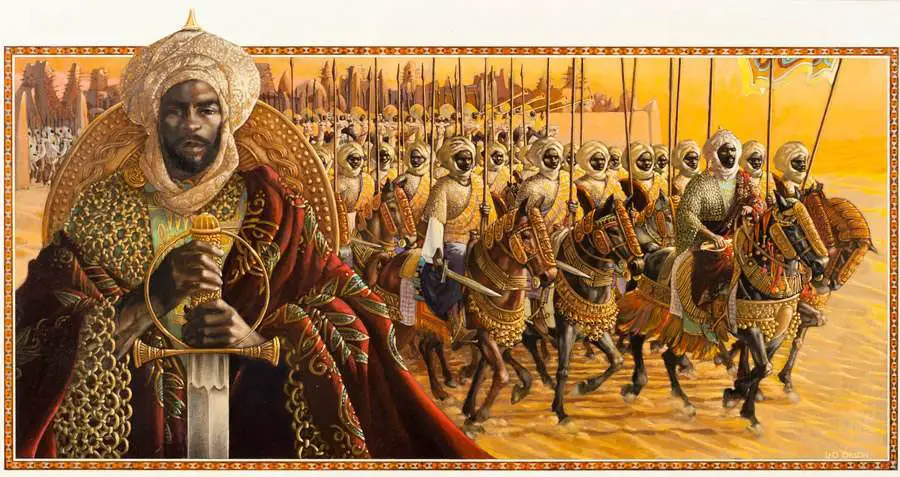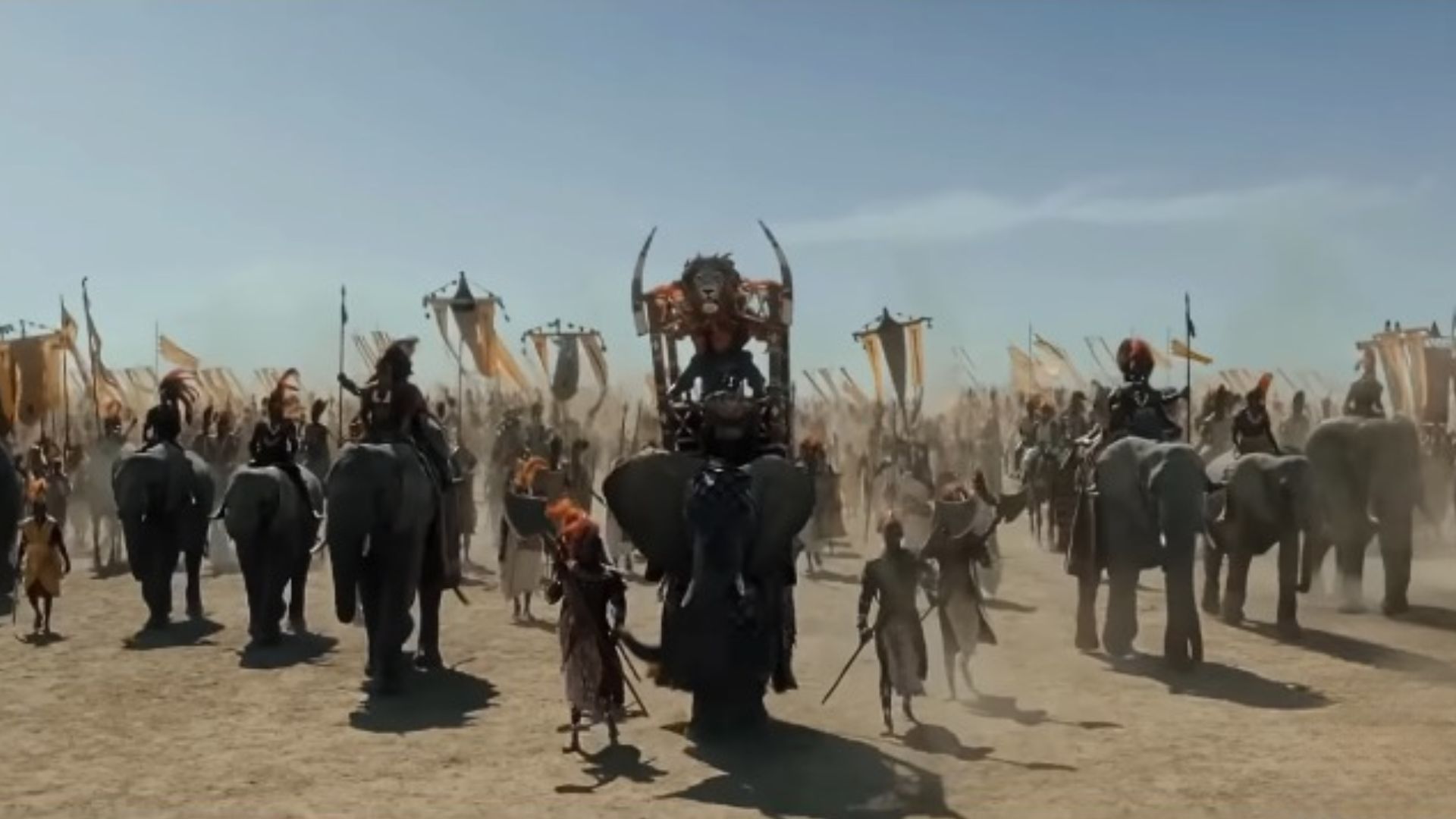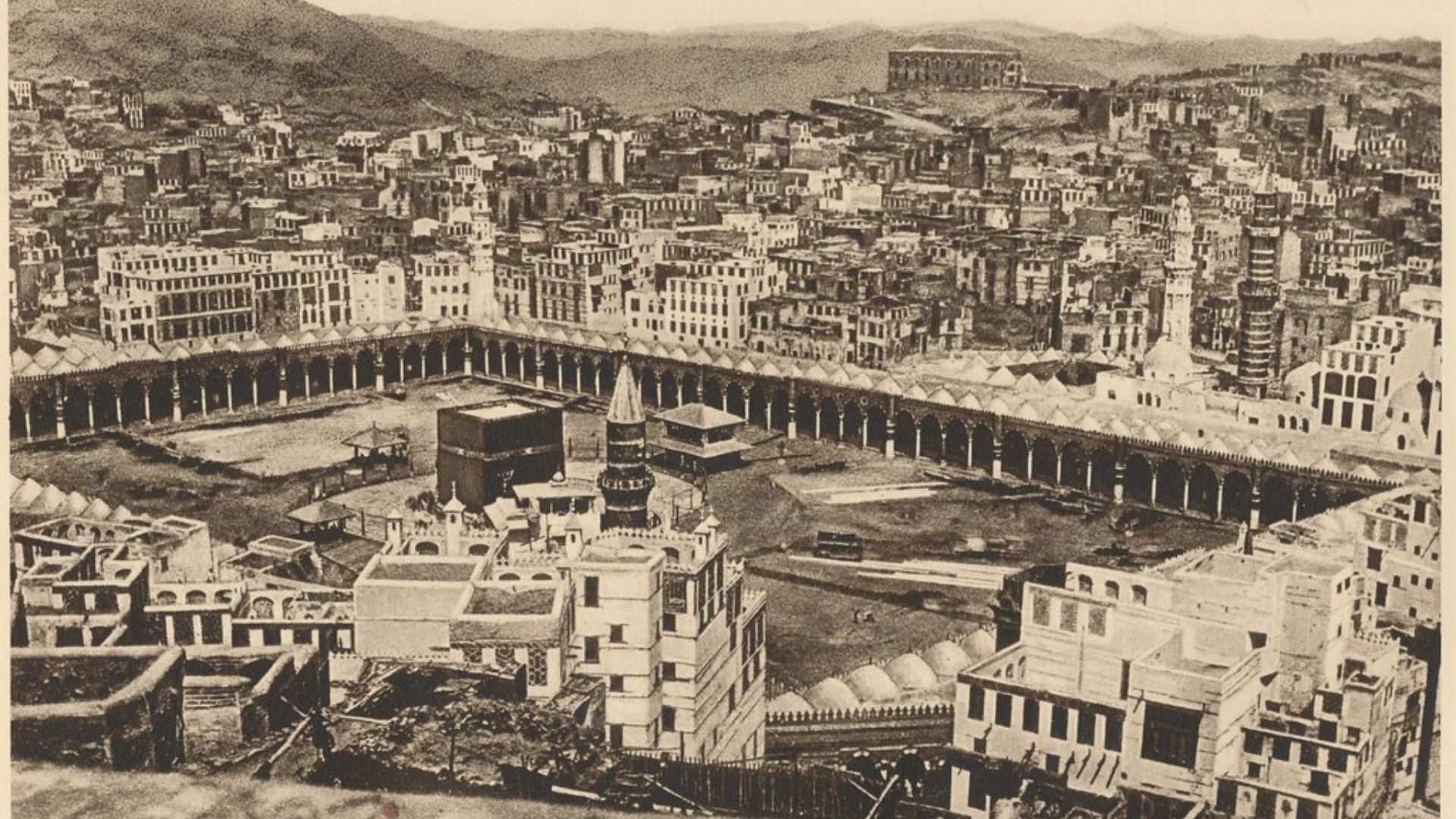Story of Mansa Musa: There is more to Africa than the myths of cannibalism, enslavement, and conflict propagated by some racist authors. In essence, a lot of legends have gained fame by contributing to their local communities and, in some cases, the entire world.
The tenth Emir of the Mali Empire, Mansa Musa, who ruled for 25 years, is one of this tribe’s members who will live on in history. In many of the historical works that are popular in the West, the name of this emperor who was born about 1280 and died in 1337 is rarely ever mentioned. Even the historians who attempted to compile the history of this formidable monarch encountered a dearth of information.
Mansa Musa’s Biography
Musa Keita, the tenth ruler of the West African Islamic Mali Empire, was given the title “Mansa,” which means “Sultan” (king) or “emperor.” In power in Mali from 1312 to 1337. The Mali kingdom was reputed to have the highest global gold production during this time. Mansa Musa became one of history’s richest persons as a result of this. His contemporaries referred to him as being inconceivably wealthy.
Despite this obstacle, it is nevertheless clear that the vast Mali Empire formerly included Senegal, Mauritania, the Gambia, Guinea, Niger, and Nigeria. Furthermore, Mansa Musa, a ruler who is still regarded as one of the richest persons on earth, oversaw this during his rule.
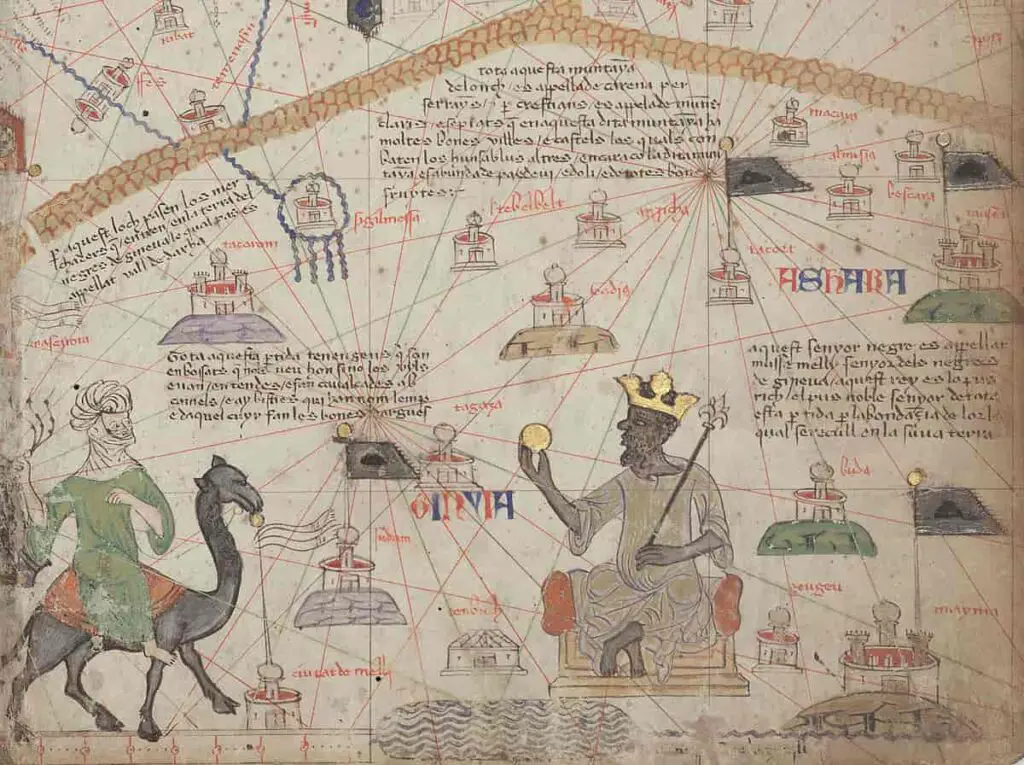
Mansa Musa’s wealth
Like practically everything else about him, Musa’s ascension to the kingdom was shrouded in mystery. His predecessor, Mansa Abubakar II, renounced the crown in 1312 with the purpose of circumnavigating the globe. He never returned after that.
His brother Musa Keita became the new emperor of this prosperous realm in this manner. Musa Keita, who would later go by the name Mansa Musa, was not well-known on a global scale until he made the decision to leave his own country and travel to the holy city of Makkah.
The widespread consensus is that this emperor was lavish to say the least, despite being a devout Muslim. Musa, who was on a religious mission, reportedly struggled to conceal his wealth.
It has also been claimed that after Mansa Musa and his entourage passed through Egypt, the economy experienced a setback that took 12 years to recoup as a result of the wealth that Musa spread as he continued on his journey.
Because he governed Mali during a time when the empire was the biggest producer of gold in the world, Western academics, economists, and analysts believe there is no reliable way to estimate the emperor’s riches. According to reports, Musa is wealthier than Warren Buffet, Bill Gates, and Jeff Bezos.
Passion for Islam
He spent a lot of effort encouraging the spread of Islam inside his realm as a devoted Muslim. He desired for Mali to become the continent’s principal center of learning and for the Mali empire to garner as much attention as he could.
His journey to Mecca was unlike anything that had ever been seen.
Mansa Musa left with a caravan that spanned as far as the eye could reach on a pilgrimage to Mecca that would take him 4000 miles. Depending on the source, a 60,000-person caravan made up of attendants, camels, and slaves may have been there. The men in his caravan were all dressed in pricey brocade and Persian silk. They each had their own organized horses, handled baggage, and carried gold staffs. Gold was also carried by his slaves. Mansa Musa supplied all of his company’s needs, even feeding the animals. Later, Ibn Khaldun spoke with a journey companion of the emperor. The speaker asserted that the emperor would provide them with delicacies and exotic meals.
A King Who Was Kind
He would give his fortune to any needy individual he came across while traveling to Mecca in addition to spending it on his caravan and its attendants. It was claimed that because he distributed and spent so much of his gold in Cairo, the economy there was severely destabilized and took years to recover. His fortune was rumored to have reached Europe. It was stated that he built a mosque every Friday since he built universities and mosques everywhere he went.
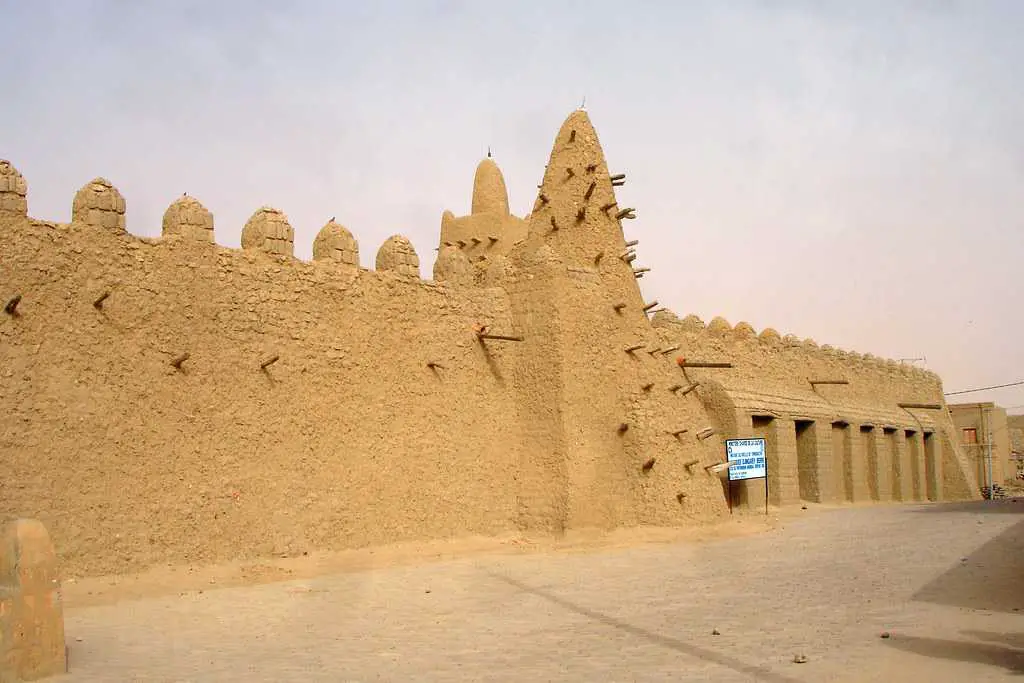
After a year, he, at last, returned to his native nation with academics and architects to construct mosques and educational institutions throughout his realm. He urbanized towns like Timbuktu and constructed the fabled Djinguereber Mosque, which is still standing today. Mansa Musa reigned for 25 years until passing away in 1337, leaving behind a legendary legacy that helped to establish Mali as a global power. Additionally, it dispels the myth that successful African kingdoms never existed and that foreign invaders or traders were the origins of civilization.
Read more about Islamic History or Follow us on social media for daily Islamic reminders.


